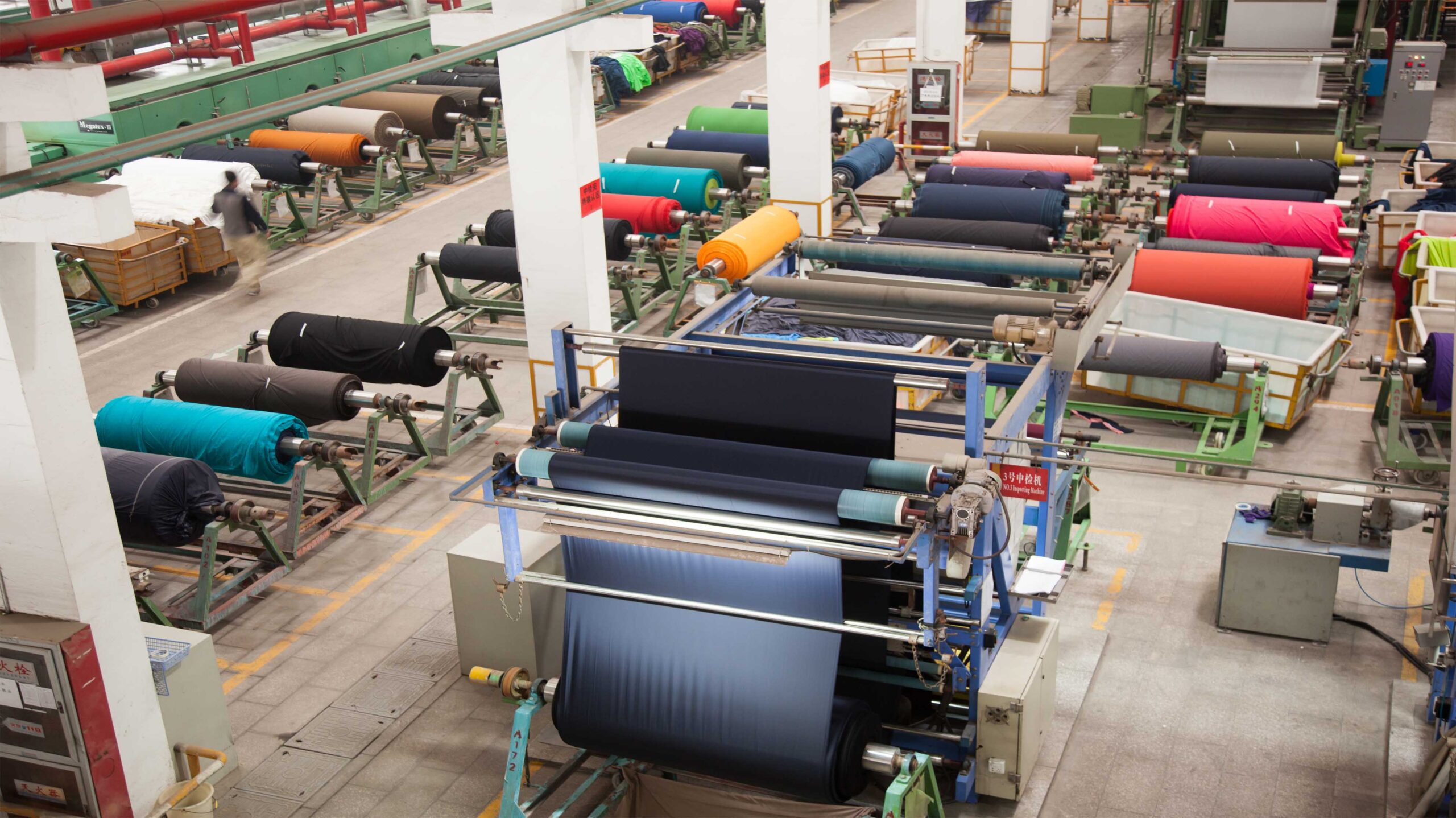Islamabad, Apr 4, 2025: Pakistan’s textile leading export market has become significantly costlier as the United States enforces fresh reciprocal tariffs on multiple nations, including Pakistan.
These new levies range from 10% to 48%, with Pakistan’s textile sector bearing the brunt at 29%, slightly above India’s 26% but lower than the 29% to 46% imposed on Vietnam, Bangladesh, and China, according to a report by Topline Securities.
Although Pakistan’s textile exports make up just 0.16% of total US imports, the United States remains its largest buyer, accounting for 18% of total exports, amounting to approximately $6 billion annually.
The textile industry forms the backbone of this trade, contributing 75-80%, while the rest includes leather products, surgical tools, rice, cement, salt, and steel.
Why the US Imposed Higher Duties on Pakistan’s Exports
These tariffs are part of Washington’s broader policy to protect local industries and increase revenue.
Additionally, a flat 10% duty already applies to all imports, though Mexico and Canada remain exempt.
Some strategic goods such as steel, copper, semiconductors, and pharmaceuticals are also excluded from the new levies.
Read More: PSX Hits Record High after Government’s Major Power Tariff Cut
For Pakistani textile exporters, this development poses a challenge. While they face a lower tariff compared to Vietnam and Bangladesh, they are at a disadvantage against India’s 26% duty.
Although this offers a slight edge in the US market, experts warn that exporters from Vietnam and Bangladesh may redirect their shipments to Europe, intensifying competition in another key market for Pakistan.
Textile Industry and Other Sectors at Risk
Pakistan competes with China, India, Vietnam, Cambodia, Indonesia, and Bangladesh in the global textile sector.
Read More: Major Downturn in Tractor Industry Raises Concerns
While China, Cambodia, Indonesia, Vietnam, and Bangladesh are subjected to higher duties, India benefits from a 3% lower tariff (26% vs. 29%).
Key Pakistani firms likely to be affected include:
Textile Sector: Interloop, Feroze Mills, Kohinoor Textile, Nishat Mills, and Gul Ahmed.
Other Industries: Service Global Footwear, Matco Foods, Fast Cables, International Steels, DG Khan Cement, and Mitchell’s Fruit Farms.
New Entrants: Pak Elektron, which recently began exporting transformers to the US, could also feel the pressure.
European Market Under Threat
According to Topline Securities, exporters from China, Vietnam, and Bangladesh—who now face steeper US tariffs—may shift their focus to Europe, increasing competition and squeezing profit margins for Pakistani companies in that region.
With these new barriers in place, Pakistani exporters must strategize carefully to maintain their market share in both the US and Europe.









